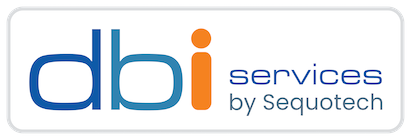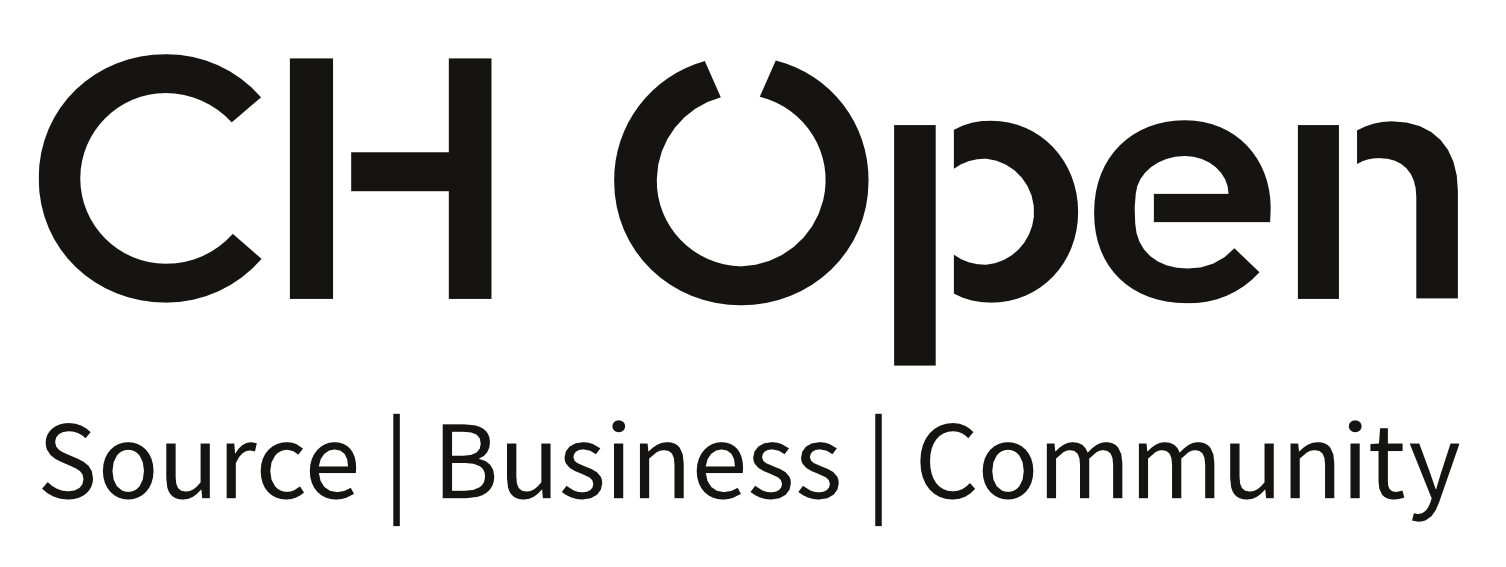CERN PGDay 2025
The CERN PGDay builds on the experience of past PostgreSQL events at CERN and a newly establish collaboration with SwissPUG. It will create an opportunity for PostgreSQL users and enthusiasts to meet in the French-speaking part of Switzerland in order to network and exchange their experiences.
We plan to turn the CERN PGDay into an annual event under the umbrella of SwissPUG but in line with the international vocation of the area where many international organizations of the public and private sector are based.
The date for 2025 is January 17th, and the event will start at 10:00.
The programme consists of a single track with six sessions in English only. The conference will be followed by a social event for discussion and networking.
Registration
Registration is open until 12 January 2025 midnight CET and operated via the event page directly at CERN. This allows the automatic issuing of the CERN visitor badges that are needed to enter the campus. Members of SwissPUG and CERN staff or alumni are eligible for a discounted rate. Payments can be made by credit card or bank transfer.
Schedule
The schedule consists of the following presentations.
Full programme with times.
- CERN introductory keynote: The role of PostgreSQL at CERN.
Miroslav Potocky, CERN - Optimizing time series data storage for CERN industrial control systems using TimescaleDB and PostgreSQL.
Rafal Kulaga, Antonin Kveton, Martin Zemko CERN - Architecture for Seamless PostgreSQL Upgrades.
Adrien Obernesser, dbi services - Anatomy of Table-Level Locks in PostgreSQL.
Gulcin Yildirim Jelinek, xata - Maximising Microservice Databases with Kubernetes, Postgres, and CloudNativePG.
Gabriele Bartolini, Leonardo Cecchi, EDB - Harnessing Postgres and HPC for Petabyte-Scale Variable Star Classification in Astronomy.
Daniel Krefl, Krzysztof Nienartowicz, Sednai - From Queries to Pints: Building a Beer Recommendation System with pgvector.
Andrzej Nowicki, CERN
Sponsors
 |
 |
 |
Partners
 |
Call for Sponsors
We are offering four equal sponsorship opportunities of CHF 900 each (3 taken, 1 reserved). These are available on a first-come, first-served basis. Please contact the organising team for details.
How to get to and visit CERN
CERN is an exciting place that can be reached in about 25 minutes from Switzerland via Geneva and tram 18. There are also buses (68 & 67) if you are coming from France. For more details on directions click here.
Have a look at your schedule before or after the event: you might be able to take advantage of the conference to visit.cern
At the site
For Internet access, the public WiFi network "CERN-Visitors" or eduroam are available. More information on campus access and directions to the event location on the CERN campus can be found here.
Organization Team
The organization is mostly done by a local team, with support from SwissPUG. The team consists of:
- Maurizio De Giorgi, CERN
- Andrzej Nowicki, CERN
- Tobias Bussmann, SCNAT
- Andreas Geppert, ZKB
- Markus Wanner, EBD
- Daniel Westermann, dbi
Call for Papers
We are keen to get proposals for talks via Indico. The call for Papers is open until 7 December 2024
This year's talk selection committee consists of:
- Maurizio De Giorgi, CERN
- Andreas Geppert, ZKB
- Tom Hagel, Volue
- Markus Wanner, EDB
Each member has an equal vote and abstains from voting on his or her own proposals or those of colleagues. CERN, venue host and co-organizer of the event, will provide a keynote presentation on a relevant topic to be agreed with the committee. We will notify all submitters of the outcome of the selection process by 19 December 2024.
Code of Conduct
PostgreSQL conferences have an amazing atmosphere and are very welcoming to new people joining the community. This is something we treasure. Therefor we require all attendees, speakers, sponsors and volunteers to follow the PostgreSQL Project's Code of Conduct during the event. Thank you for your help in making the CERN PGDay 2025 fun and enjoyable for everyone!
If needed, please contact any organizer, or a member of the community Code of Conduct Committee.
Financial disclosure
The budget of CERN PGDay is calculated to break even with the support of our generous sponsors. Any deviations from the budget will be borne by the Swiss PostgreSQL Users Group and any profits will be invested in future activities to support the PostgreSQL community according to their statutes.
No CERN PGDay staff receives any payment for their work, except free attendance and a staff dinner.
The CERN PGDay is a community event organized by the Swiss PostgreSQL Users Group in collaboration with CERN.
Useful information
Local points of contact: Organization team, CERN Security Service: +41 22 76 76666
In case of emergency or incident: call +41 22 76 74444 (Tel. 74444)
"PGDay" is a registered trademark of PostgreSQL Europe.